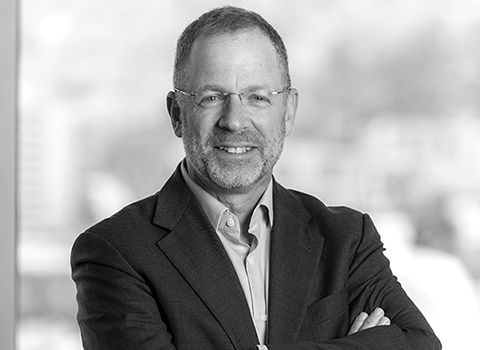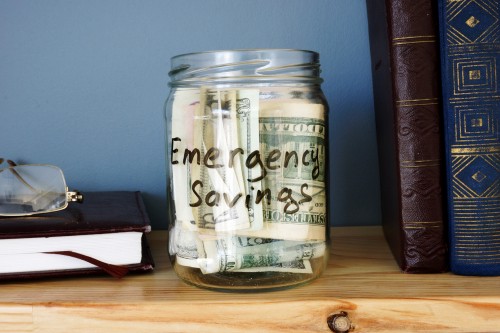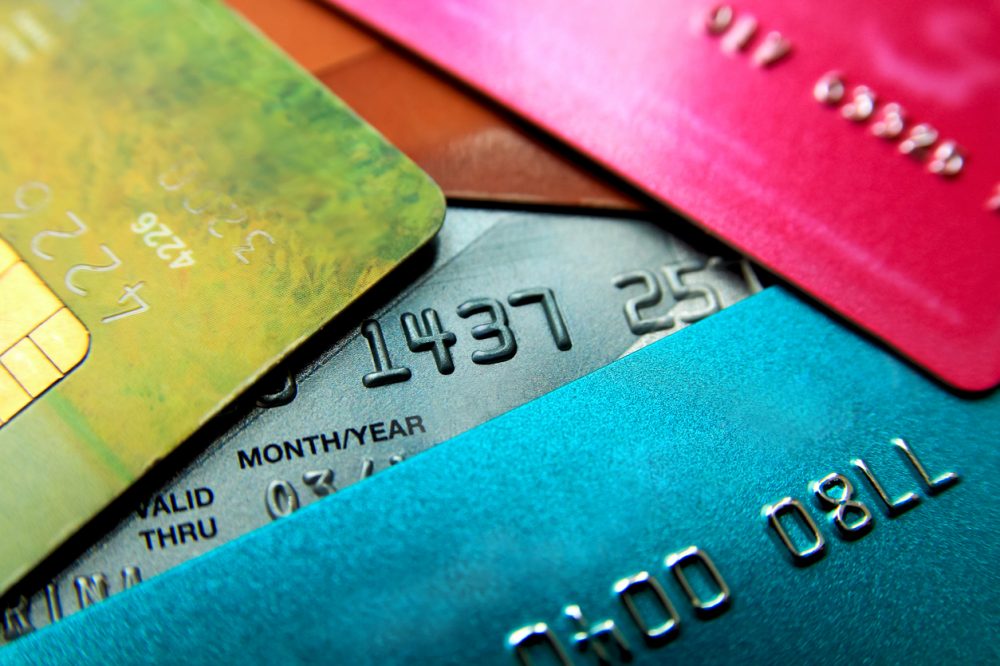
Corey Stone
Corey is currently a Senior advisor to the Financial Health Network and represents FHN on the Board of the Financial Data Exchange. He is also a Senior Advisor to the consulting firm Oliver Wyman. He is Board Chair of Connex, a $1B credit union and CDFI based in Connecticut. His business career revolved around the consumer credit and payments in which he served as a consulting, executive, and fintech CEO. In 2011 he joined the start-up team at the CFPB, where he was responsible for building a marketing intelligence and policy analysis team.











